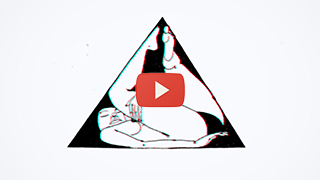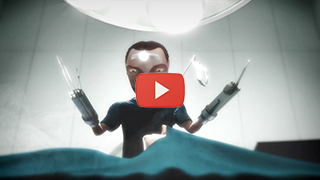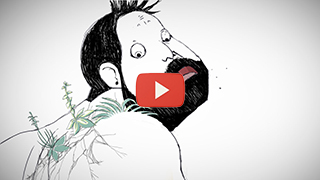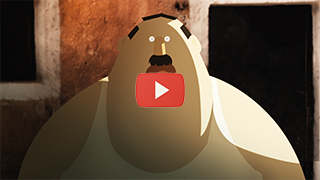Film diploma 2015
Realizzati dagli studenti del triennio 2012-2014

Cosmoeticodi Martina Scarpelli |
|
Cosa c’è prima della nascita dell’universo? La realtà esiste perché siamo in grado di percepirla? Una ragazza cerca di rispondere a queste grandi domande. What was it like, before the birth of the universe? Does reality exists just because we are able to perceive it ? A girl tries to answer the big questions. |

Mechanickdi Margherita Clemente, Lorenzo Cogno, Maria Garzo, Tudor Moldovan |
|
In una società distopica il lavoro altamente specializzato è il valore supremo. Per produrre meglio e di più i lavoratori sostituiscono le proprie mani e i propri sensi con l’ impianto di protesi tecnologiche. Ma un chirurgo specializzato in queste sostituzioni affronta un caso particolare che metterà se stesso e l’intero sistema in discussione. In a dystopian society higly specialised labor is the supreme value. In order to obtain a better and faster production, the hands and senses of the workers are replaced by more performing technological prosthesis. But a surgeon, who specializes in these substitutions , faces a particular case, which will put him into question, and the whole system. |

Paradossodi Maria Cesaro e Rocco Venanzi |
|
Cosa succederebbe se le piante crescessero più avidamente degli esseri umani? Cosa succederebbe se la natura sfruttasse l’uomo così come l’uomo sta sfruttando la Natura? What would happen if plants grew more voraciously than humans? What if nature exploited humanity in the same way that humanity is exploiting Nature? A man discovers a clover growing out of his navel: it sets off a paradoxical struggle between Nature and Man, that will see no winner. |

Pircantaturidi Alice Buscaldi, Angela Conigliaro, Lorenzo Fresta |
|
Sicilia, 1930. Il compito di un “pircantaturi”, figura ormai scomparsa da tempo, era quello di appostarsi davanti alla casa di un debitore insolvente. Sicily, 1930. The task of a ” Pircantaturi “, a character now long gone, was to lurk outside the house of an insolvent debtor. Its silent and continuous presence in front of a door was enough to label the victim as a man without honor: a real social delation, a denigration against the debtor and his entire family. It was a bad day when the “pircantaturi” appeared in front of the house of Pino and his ruthless wife. |



